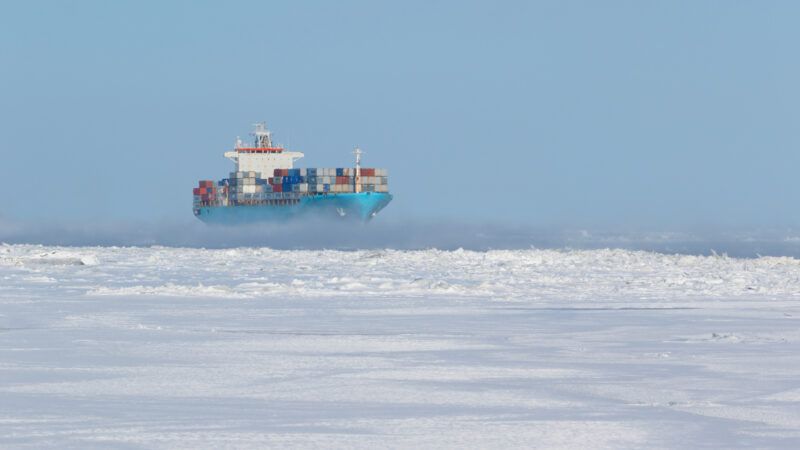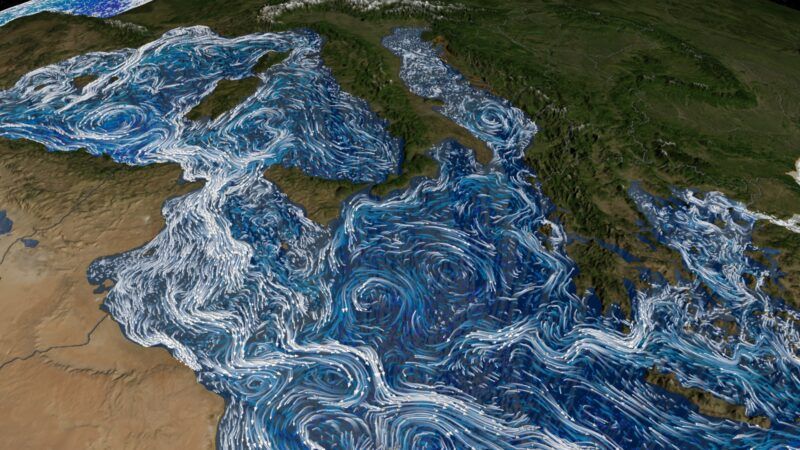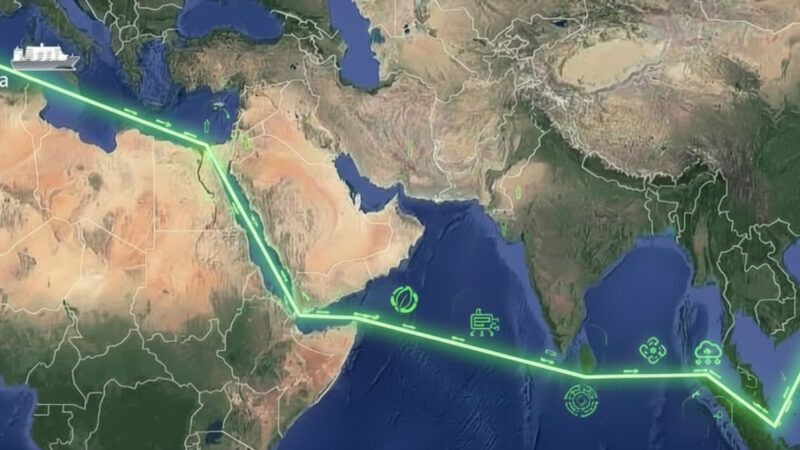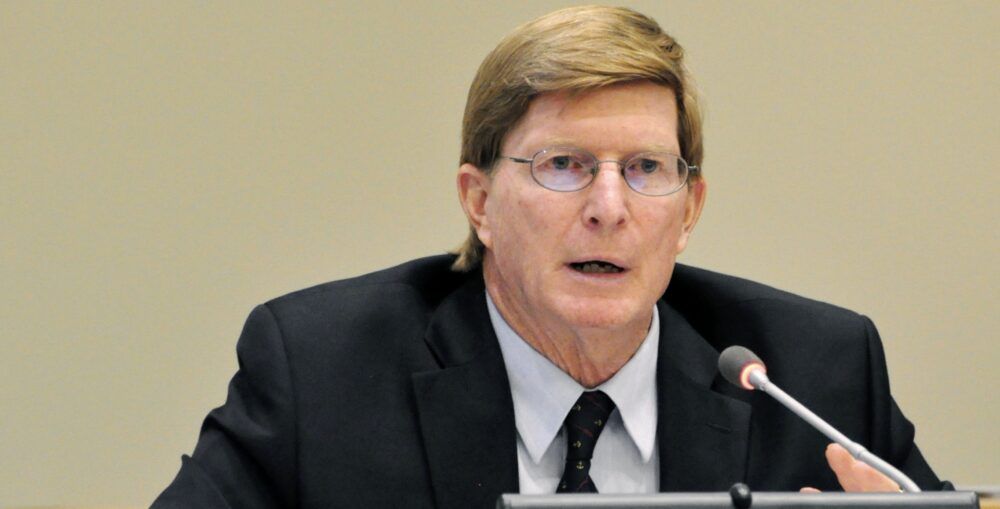 The World Ocean Council is a pioneering global alliance focused on sustainable ocean development and corporate responsibility.
The World Ocean Council is a pioneering global alliance focused on sustainable ocean development and corporate responsibility.
Paul Holthus: “Ports are in a unique position to address the challenges of coastal and ocean development”
Paul Holthus is the founding president and CEO of the World Ocean Council, a global alliance committed to Corporate Responsibility for the Oceans. Developed by and for the private sector, its multi-sectoral approach addresses cross-cutting issues affecting the sustainable development of the oceans, science and stewardship of the seas. In this exclusive interview with PierNext, Holthus points to the blue economy as a source of solutions to the immediate challenges of climate change.
 The World Ocean Council is a pioneering global alliance focused on sustainable ocean development and corporate responsibility.
The World Ocean Council is a pioneering global alliance focused on sustainable ocean development and corporate responsibility.
Question: Globally, we face a number of challenges ranging from logistics to climate change. Does the blue economy have all or some of the solutions to these challenges?
Answer: Indeed, the planet is facing major challenges, of which climate change is the most complex, critical and urgent. The ocean is an interconnected global ecosystem that is closely intertwined with our planet's climate system. For example, ocean phytoplankton produce more than 50% of our oxygen and the ocean absorbs more than 25% of anthropogenic CO2 and 90% of the excess heat emitted annually into the atmosphere. Maintaining and restoring the health of the oceans is essential if they are to continue to play this essential role in climate regulation.
The blue economy is a source of solutions to our immediate climate change challenges, such as low-carbon energy production and carbon dioxide capture. Offshore wind is growing at an incredible rate and the ocean can provide significant energy through waves, tides and currents. These energy sources also serve to advance the development of hydrogen as a fuel.
Increasing CO2 storage in the ocean and coastal ecosystems (i.e. the blue carbon potential of mangroves and seagrasses) offers by far the most significant, scalable and realisable sequestration opportunities for the planet. Catalyzing the role of the ocean business and investment community to engage on these opportunities is a high priority for the World Ocean Council.
Q: You are a believer in dialogue and collaboration. Is this the seed that gave birth to the World Ocean Council (WOC)?
A: Yes, I am very much a believer in dialogue and collaboration to create the leadership and action that is necessary for the ocean business and investment community to optimize its role in ensuring we have a healthy and productive ocean. Collaboration at two levels was central to the initiative and efforts that led to the WOC being established and flourishing. First, at the cross-sectoral level of the diverse ocean business community, i.e. creating a structure and process for shipping, fishing, offshore energy, aquaculture, ports, tourism, investors, etc. to engage in a strategic, systematic way.
Secondly, developing the interaction between that collective ‘ocean business community’ and other key ocean stakeholder groups, i.e. UN agencies, multilateral organizations, governments, the science community, the NGO community.
Q: Since its foundation in 2010, what are the achievements you feel more proud of?
A: Overall I'm proud to have developed and delivered on this creation of a pioneering, unique global multi-industry alliance focused on ocean sustainable development and Corporate Ocean Responsibility. With the WOC, we are making progress in harnessing the role and resources of the private sector on a wide range of issues and opportunities – from the Law of the Sea and other policy, governance and marine planning areas, to technical and operational issues, such as biofouling and invasive species, to the SMART Ocean-SMART Industries program efforts to engage industry in data collection, to advancing port and coastal infrastructure resiliency and the role of the ocean in CO2 removal.
The Sustainable Ocean Summit (SOS) has been a solid success as the only global convening of the ocean business community around sustainable development, and we will be following this up with the launch of the Global Blue Finance Summit (BlueFIN) in 2022.
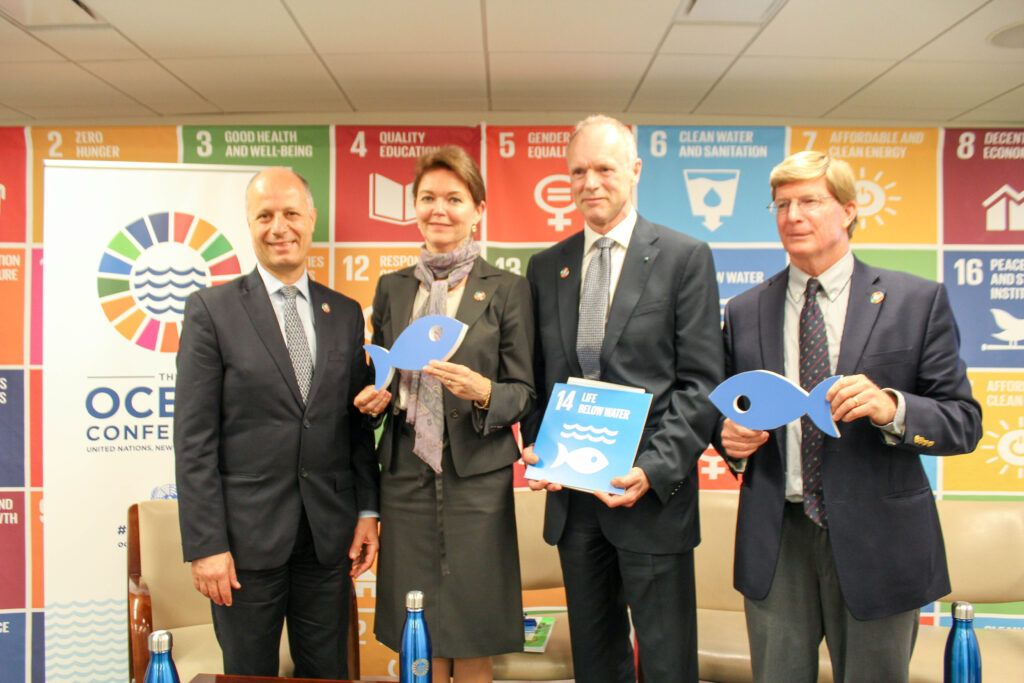
"The creation of a network of ports can generate a multiplier effect and economies of scale." -Paul Holthus
Q: Back in 2010, the term ‘blue economy’ probably didn’t even exist as such. What triggered this vision of yours to build bridges between the public-private sectors towards achieving the same goals?
A: After having worked for several decades in international ocean environment and sustainability as a scientist, on government projects, with the UN, etc., it became clear that an essential piece was missing, i.e. the systematic and comprehensive engagement of the ocean private sector. As an ‘ocean guy’ since my youngest days, growing up in the Philippines, Hawaii and California, and as an ‘organizational entrepreneur’ with an interest in harnessing the economic incentives and motives for conservation and sustainability, I decided to do something about this.
In the mid to late 1990s, I began reaching out to and bringing together companies and industry groups that were interested in understanding and addressing ocean environmental challenges. As more and more companies got involved, it became clear that there was an interest among ocean businesses for working with each other and for collectively engaging other ocean stakeholders.
In 2008 I organized a workshop at the UN to more fully bring together the ocean industry network I had been developing, and at that meeting there was a strong interest in having me coalesce the concept, coalition and momentum into a proper international not-for-profit business organization focused on ocean sustainable development. This led to the formal establishment of the WOC in 2009 and organizing the first Sustainable Ocean Summit in 2010.
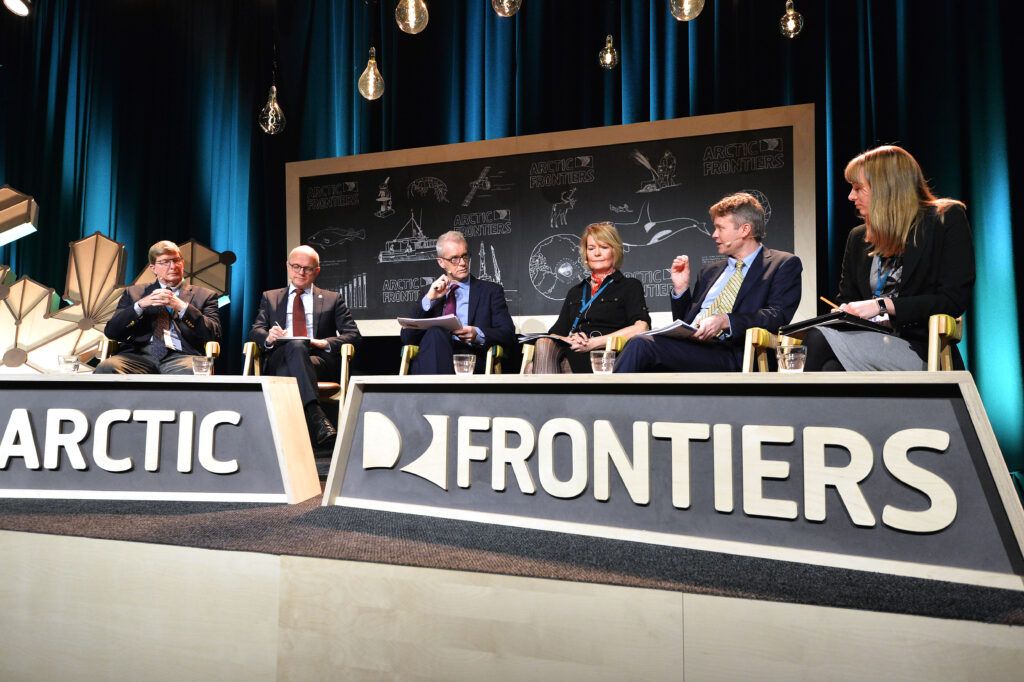
Q: Last month you attended the Blue economy & city ports panel session hosted during the third edition of Smart Ports: Piers of the Future, where you pointed out that ports could play a leading role in this much needed multisectorial, public-private dialogue. How can ports channel all the different interests from such a diversified industry?
A: Ports are uniquely positioned to serve as focal point and catalyst for multi-industry dialogue and efforts to address many of the coastal and ocean development challenges and linking this to the innovation and investment communities. All ocean industry operators need to come in and out of a port at some point. This makes port a unique point of convergence for ocean sustainable development actors, issues, and opportunities. Ports thus have great potential to function as a point of convening the ocean business community to tackle common issues, especially those related specifically to port functions like port waste reception facilities, and port operations, such as electrical shore power for ships.
Q: Could you name some ports working in this dirección?
A: Several ports are actively exploring and developing this role. Creating a network of ports that are working in this way can develop a significant multiplier effect and economies of scale. For example the EU-funded Atlantic Strategic Ports Business Action Network (AspBAN) project, of which the WOC is a founding partner and the Port of Barcelona is a strategic partner, is creating innovation hubs and developing challenge competitions to focus on key issues for sustainable development in relation to ports. Efforts are underway to scale this up to an international port-related network to harness innovation in support of sustainable development.
A key feature of this, which is a big part of the WOC role, is ensuring that innovation focuses on the actual issues and needs of the ocean and port corporate community. This then leads to business development and investment opportunities, which the WOC is working to connect up via our Ocean Investment Platform.
"I strongly believe in dialogue and collaboration to create the necessary leadership and action to optimise the role of the business and investment community and ensure we have a healthy and productive ocean.” -Paul Holthus
Q: You also attended several panels during the COP26 held in Glasgow. What key takeaways would you highlight in regards to the blue economy and the agents involved from attending the 2021 UN Climate Change Conference?
A: I have been involved in the UN process to address climate change since the 1980s , so it has been interesting to see how the COP has evolved over the years to essentially become a broad multi-stakeholder, multi-issue event on the future of the planet.
At COP 26, the WOC was selected to organize a formal side event on CO2 sequestration and blue carbon along with other key organizations, such as the Prince Albert 2 Foundation. I was also honored to again be invited to serve as moderator for the session on shipping decarbonization at the COP-related World Climate Summit.
A couple of key takeaways from COP 26 for me were, first, the ever increasing level of effort, engagement and commitment on climate change from the business, industry and investment community. Secondly, the level of interest and awareness of the role of the ocean in relation to climate change has expanded significantly.
There is now significant attention on four critical areas directly relevant to the work of the WOC: decarbonization of shipping, and expanding this to other maritime and offshore industries; The importance of the ocean in providing large amounts of renewable energy through offshore wind, wave, tidal, current and thermal gradients; Addressing the adaptation and resiliency port and coastal infrastructure, especially in developing countries and small island states; and accelerating and scaling up efforts to sure the ocean and coastal systems play an optimal role in carbon sequestration. The WOC has international business and investment roundtables and other efforts focused on all of these issues.
Q: If we were to have this very same conversation, in let’s say, 2030, what would you expect or hope we would have achieved by then?
A: By 2030, I expect the industry to have taken leadership, collaboration and adoption of sustainability strategies on cross-cutting issues such as marine and noise pollution, invasive species, port waste reception facilities and ship strikes with marine mammals, among others. Also that all shipping lines and companies with offshore structures participate in the collection or exchange of weather or climate data to help support safe, responsible and sustainable ocean economic activity for the benefit of all.
In relation to climate change, by 2030 shipping should have made progress in the development and deployment of low or zero CO2 emitting vessels. The development of a global programme that identifies ports and coastal infrastructure most at risk from climate change, such as extreme weather events, flooding or sea level rise, would also be desirable.
I also hope and expect that by 2030 the important relationships that the WOC is developing with the Port and City of Barcelona and other key partners in the Iberian Peninsula will play a significant role in advancing ocean business, innovation and finance in support of a healthy and productive ocean, including business creation, job opportunities and investment within the blue economy.



